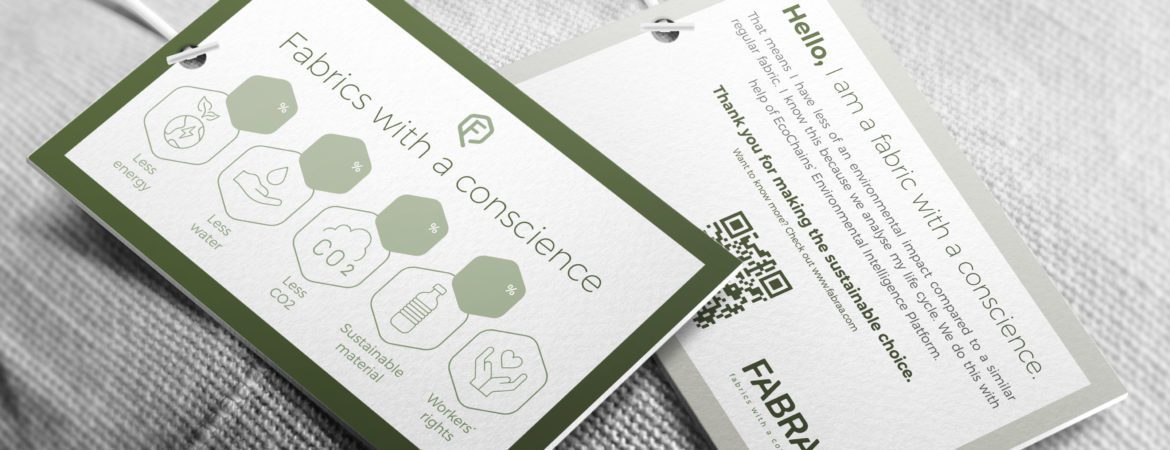
Strategy going forward
At Fabraa, our strategy is to be ahead of the game. We believe it’s critical to gain experience and have a long term strategy when it comes to sustainability. We want to be prepared when the big green wave comes. Because it’s a whole new way of thinking, sourcing, developing and selling products.
For a circular business model (the end game), it’s necessary to be able to recycle your end-of-life products into new products of equivalent quality. Using recycled yarns for our sustainable fabrics doesn’t mean we already have a circular business model.
Recycling is the process of converting waste into reusable material. In our case, this means converting used rPET bottles, clothing and all sorts of production waste, into recycled upholstery fabrics. However, the circular economy goes right back to the beginning, preventing waste (and polluting) in the first place.
For this to happen in the upholstery and furniture industry we have a long way to go. For instance, with the current technical state you can’t endlessly recycle certain yarns. So in the end you still need virgin material.
Another hurdle we need to tackle is how we can monitor our flow of goods. How do we know the exact content of the upholstery fabric? But also, where is it? And how do we get it back into the system (supply chain)? Recently, we (Fabraa) had an interesting meeting with Lloop (Rrevive) who are currently developing ways to monitor the flow of goods (and therefor the flow of raw materials) with help of a smart data management system. One thing is for sure, we really need the entire industry to work together on this matter.
Using recycled products is a very important first step on the circularity ladder. First of all, it contributes big time to the goal (55% decrease by 2030) of decreasing your ecological footprint. Secondly, it stimulates all sorts of technical developments by increasing the value of recycled goods, thereby decreasing the amount of down cycling.
At Fabraa, we started several related projects. Our main course of business is done by product development. By choosing yarns made out of recycled materials, we make a significant ecological impact reduction. We are also looking for ways to develop products which are relatively easy to recycle, and we try to tackle our waste management. Together with Fontys Applied Sciences, we are doing research on how to give our fabric waste a second life. Step by step we learn, and we are truly inspired by all the new partners we met during this journey. Want to join us in our journey? Get in touch.